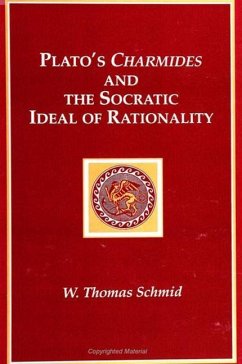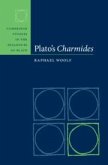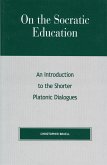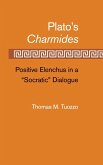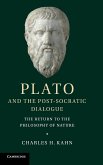Interprets Plato's Charmides as a microcosm of Socratic philosophy that presents Plato's vision of the life of critical reason and of its uneasy relation to political life in the ancient city. In this book, W. Thomas Schmid demonstrates that the Charmides-a platonic dialogue seldom referenced in contemporary studies-is a microcosm of Socratic philosophy. He explores the treatment of the Socratic dialectic, the relation between it and the Socratic notion of self-knowledge, the Socratic ideal of rationality and self-restraint, the norm of holistic and moral health, the interpretation of the soul as the rational self, the Socratic attitude toward democracy, and the connections between dialectic autonomy and moral community. Schmid argues that the depiction and account of sophrosune-human moderation-in the Charmides adumbrates Plato's vision of the life of critical reason, and of its uneasy relation to political life in the ancient city. Schmid's methodological approach to the Charmides supposes that a far-reaching and intimate relationship exists between the drama and the argument, the logos and ergon, of the dialogue. He argues that the contrast between the surface level of meaning and the depth level is essential to the Platonic art of philosophical writing, and to the pervasive role of irony in that writing, and he shows in detail how this contrast functions in the Charmides.
Bitte wählen Sie Ihr Anliegen aus.
Rechnungen
Retourenschein anfordern
Bestellstatus
Storno

